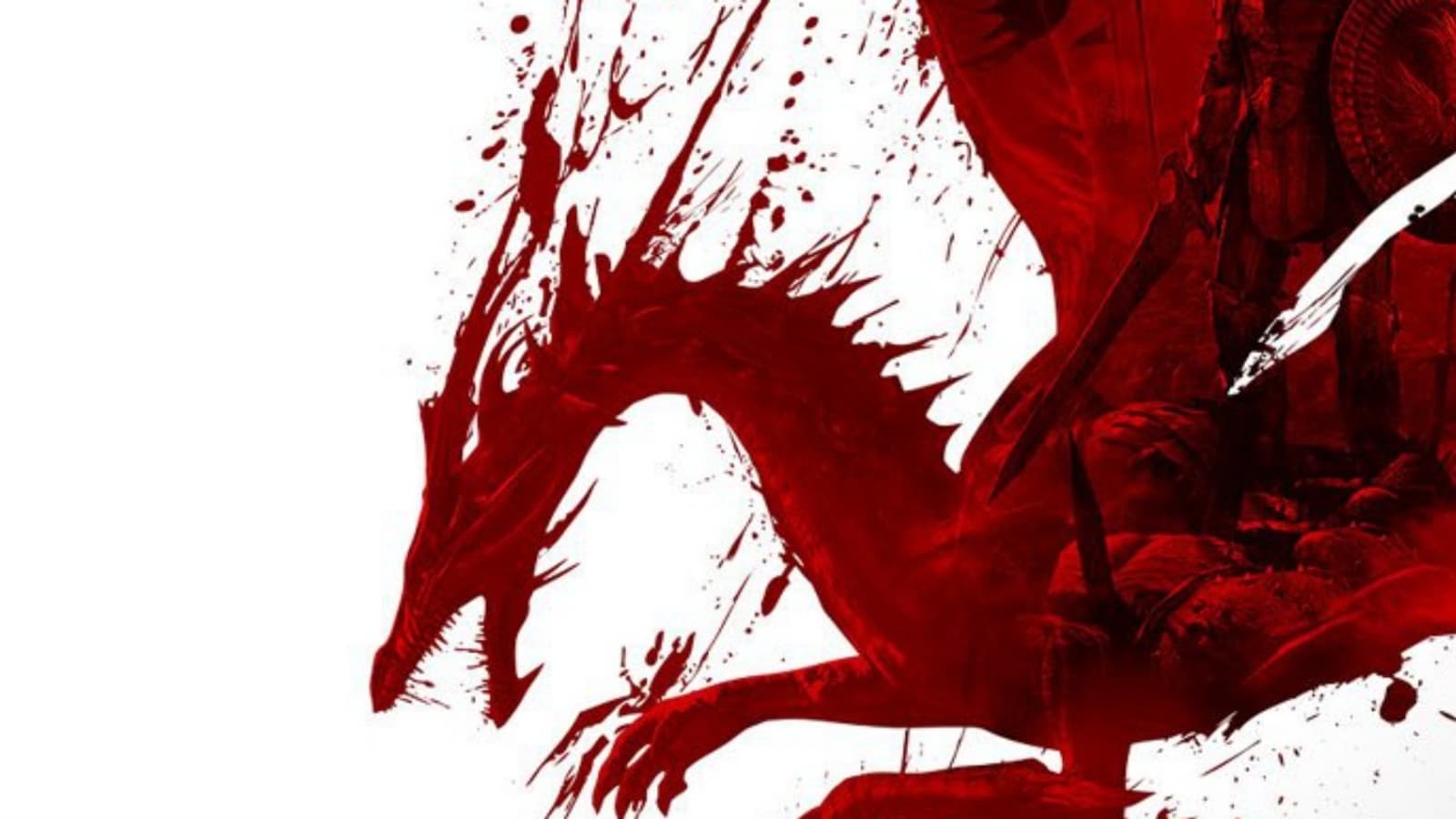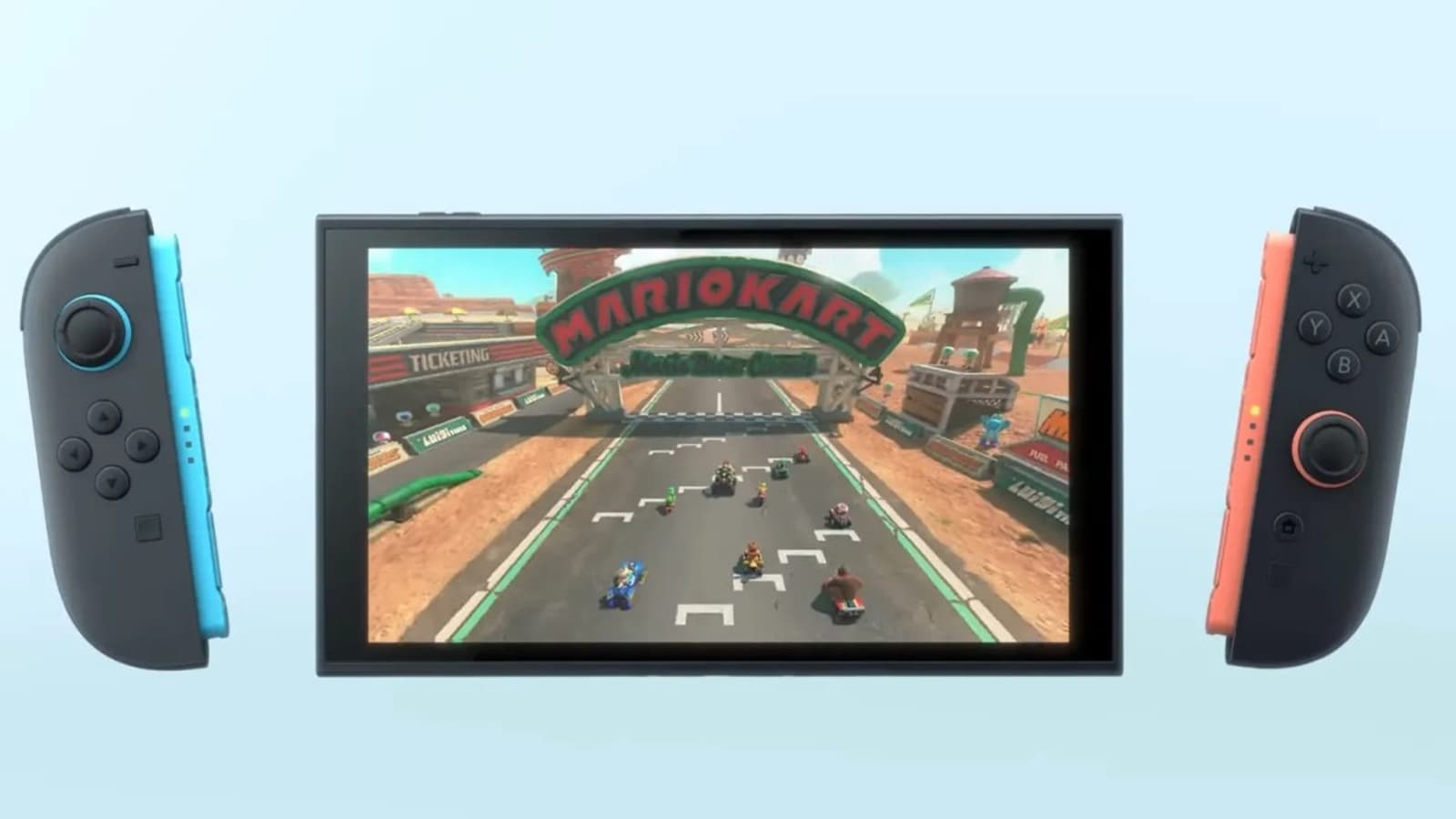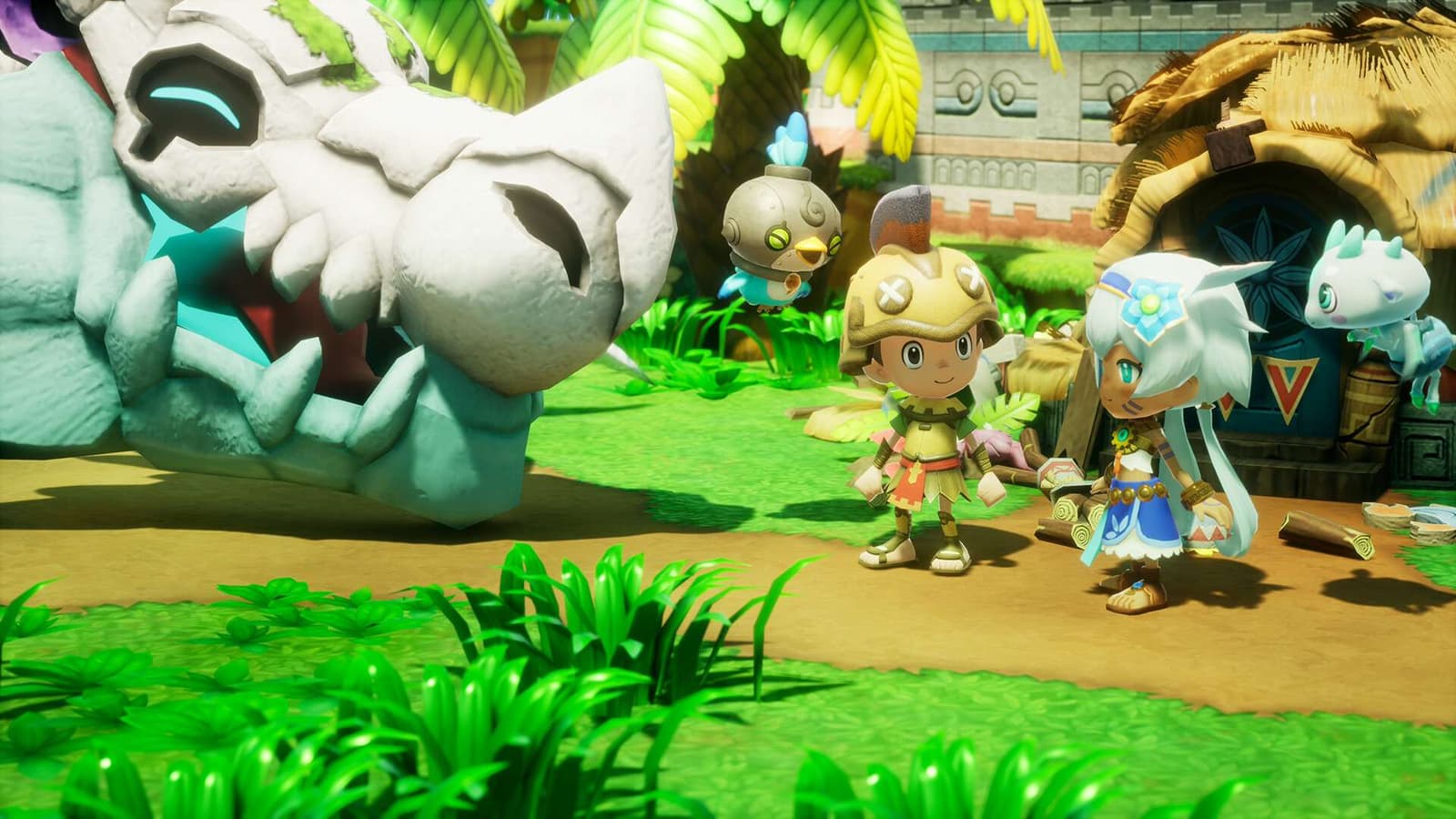
Following the Star Wars Battlefront 2 microtransaction debacle, final week the Belgium Gaming Commission launched an investigation into whether or not loot bins got here beneath their purview. VTM news (watch out for the sloppy Google translation) have now reported on their conclusion, which is a powerful ‘yes’.
Elsewhere on this planet, Hawaiian politicians have spoken out, calling for laws to finish the sale of loot bins to minors. So, will we be seeing better restrictions on what video games firms are allowed to promote any time quickly? It’s sophisticated, however in all probability not.
First, let’s bounce again to Belgium. The gaming fee has declared that “the mixing of money and addiction is gambling”. It’s odd that it doesn’t stipulate the function that likelihood has to play, although that may be defined by the way in which they’re speaking straight about loot bins. Belgium’s Minister of Justice Koen Geens added that “mixing gambling and gaming, especially at a young age, is dangerous for the mental health of the child.”
They’re emphatic statements, and Geens’ final objective is to ban in-game purchases in all circumstances the place the customer doesn’t know precisely what they’ll get. He’s conscious that such radical adjustments to laws gained’t occur any time quickly, nevertheless: “It will require time, because we need to go to Europe with this. We will absolutely try to forbid it.”
It’s early days, and UK digital leisure lawyer Jas Purewal is sceptical concerning the final significance of the Belgium Gaming Commissions findings. He factors out that Belgium nonetheless has “no considered policy position, no stated strategy” and that “gambling authorities move slowly on the whole”.
He summarises: “TLDR – don’t read much into Belgium news yet. Even if somehow it happens, I don’t think it would actually change very much at all. Only if this becomes a concerted international movement against video games gambling would things change. The chances of that happening seems very low.” (Thanks, Eurogamer).
The probabilities of a world motion forming towards playing in video games could also be low, nevertheless it doesn’t appear unattainable. Recent feedback from Hawaii State Representative Chris Lee, denounced Battlefront 2’s practices as “predatory”. Here are the highlights from the press convention he gave on Monday November 21st.
His statements deal with the influence that playing can have on minors.
“This sport is a Star Wars-themed on-line on line casino designed to lure youngsters into spending cash; it’s a entice. This is one thing we have to tackle to make sure that notably youngsters who’re underage, who will not be psychologically and emotionally mature sufficient to have the ability to gamble – which is why playing is prohibited beneath 21 – are protected against being trapped into these cycles which have compelled many of us to spend 1000’s of dollars in gaming charges on-line.
We’re laws this coming yr which may prohibit the sale of those video games to of us who’re underage with a purpose to defend households, in addition to prohibiting completely different sorts of mechanisms in these video games. We’ve been speaking with a number of different states as effectively – legislators there who’re trying on the similar factor. This is the suitable time to verify these points are addressed earlier than this turns into the brand new norm for each sport.”
Agreement over whether or not loot bins represent playing is much from unanimous. In response to questions from a Cambridge MP about loot bins and playing legal guidelines, the UK Gambling Commission pointed to a paper from March this year that lays out the governments stance on playing inside video games.
Those responses don’t straight tackle the precise promoting of loot bins by builders, although in response to a petition the UK Government clarified that in situations “where prizes are restricted for use solely within the game, such in-game features would not be licensable gambling”. That ties in to how UK legislation stipulates that playing requires the potential of spending cash and gaining nothing, as Eurogamer present in their excellent investigation into the matter. The similar stance is held by the related businesses within the US and Canada.
Personally, I’d argue that the potential of both receiving one thing you need or don’t need from a loot crate makes the choice to purchase one a bet, and I can’t see how the psychological mechanisms at play could be considerably completely different if there was additionally an opportunity of receiving nothing. It sounds just like the Belgians agree with me, however the way forward for loot bins in video games remains to be unsure.


